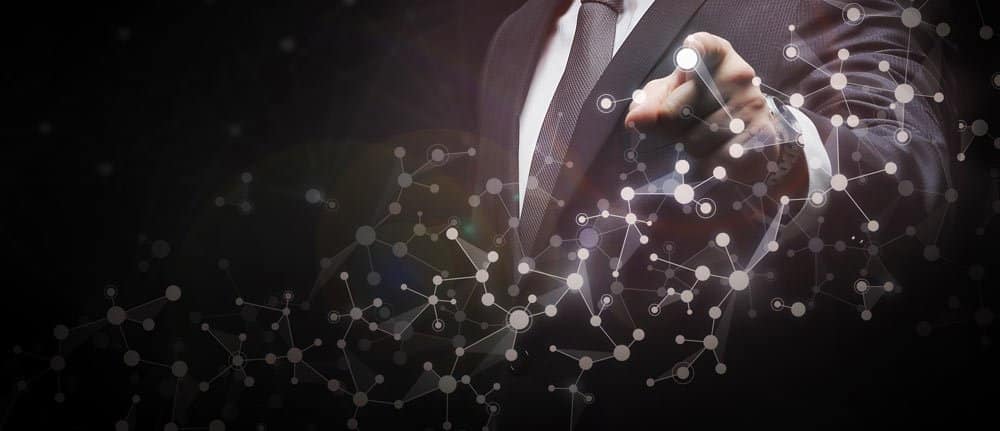With AI to Better Talent Recruiting?


Artificial intelligence and machine learning are catching on and being used in talent recruiting - at least in the USA. There, HR departments are using AI-based apps or add-ons for the HR system to optimize their recruiting process, improve the candidate journey and increase the chances of success for optimal job placements. AI can help bring candidates and recruiting companies together in a way that maximizes the benefits for both sides.
Add-ons such as "Olivia, Your AI Recruiting Assistant", "Brilliant Hire by SAP - Smart Job Matching" or "My Ally - Talent Lifecycle Management Solution" are AI-supported recruiting solutions. The conversational AI platforms evaluate the language, gestures and facial expressions of applicants and present key figures as a basis for decision-making for HR.
The AI bot Vera scans suitable people and is able to conduct video chat or phone interviews on its own before handing over data to human HR employees. U.S. companies LinkedIn and ZipRecruiter rely on pattern-matching technology that suggests candidates whose profiles are similar to applicants with whom companies have already successfully conducted interviews.
And what is the situation in Germany? In Germany, too, some recruiters would like to see "a little magic" in candidate matching. They dream of AI pre-sorting the best applicants from the multitude of possibilities - ideally with salary suggestions in line with the market. But unfortunately, this is wishful thinking. In Europe, strict data protection laws prevent the use of AI tools used in the U.S., for example. And there are more reasons in favor of selection by trained humans - with the support of intelligent recruiting software like SAP SuccessFactors, of course.
We think: Applicants would rightly feel they are not trusted when using non-verbal AI evaluation tools. This is because in Germany, candidates must be informed about the use of such tools. No German company may use software to analyze voice or facial expressions if job seekers have not consented.
Nevertheless, it is right for companies to think about what they want from HR in the wake of digitization. Assessment centers and applicant tests are in high demand. There are tools that not only evaluate the results, but also analyze how long applicants stay on the website or whether they change their minds more often when asked questions.
Pre-screening tools such as chatbots and matching engines, including meaningful rankings, can provide relief and better decisions in this country. AI can make job ads more appropriate for desired applicants by figuring out which words are most appealing to them. CV parsing autonomously transfers resumes to grids in the corporate database, chatbots take over routine tasks, schedule interviews or design optimal questionnaires. There is nothing wrong with all of this. This also relieves HR employees and gives them more time to focus on high-quality HR processes.
AI in HR is tempting and a lot of money is flowing into research. But the supposed intelligence as software must first be learned and repeatedly adapted to respond to trends. To summarize: AI is only as good as the individual algorithm written for a specific use case. To gain an edge in the candidate market through AI, the software must be adapted to new recruiting techniques. That's why AI can be helpful as an indication in individual cases, but the time is much better invested in identifying potential and talking to exciting resumes.
Artificial Intelligence (AI), also known as Artificial Intelligence (AI), is the science of teaching machines to think like humans. An important specialty for B2B/ERP is Machine and Deep Learning.







